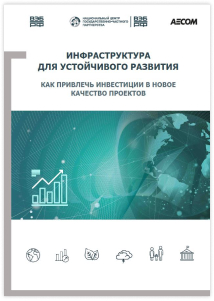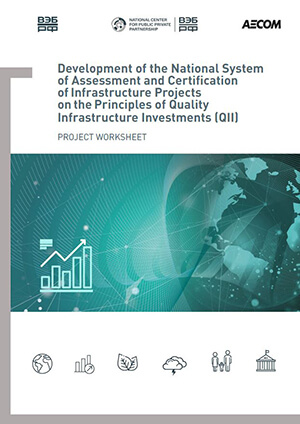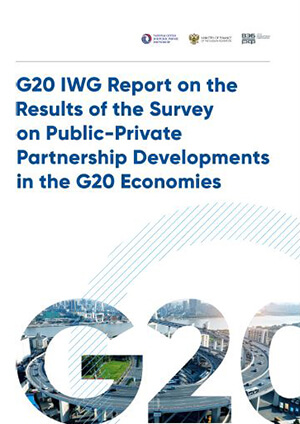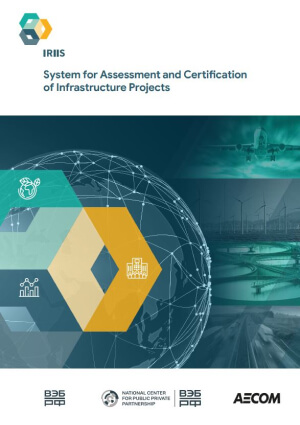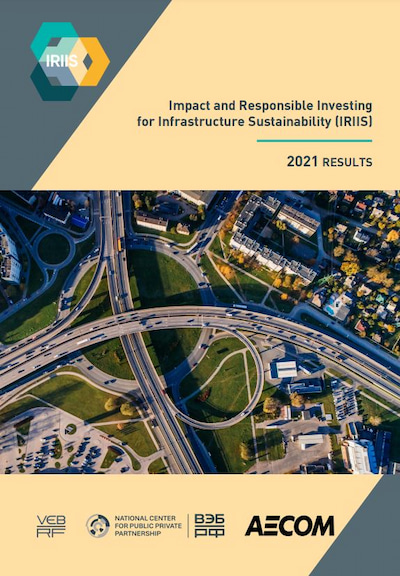On 29 June 2019, the G20 leaders signed the Osaka Declaration to approve the principles of quality infrastructure investment (QII) for implementation at the national level by all the G20 countries.
What principles shall any infrastructure project meet?
- Systemic cost-benefit analysis throughout the project life-cycle
- Mitigation of the risks of delay and CAPEX overrun, and those in post-delivery phases
- Innovative technologies should be leveraged to raise economic efficiency
- Environmental considerations should be entrenched in the entire life-cycle of projects
- The environmental impact of infrastructure investment should be made transparent to all stakeholders
- Open access to infrastructure services should be secured in a non-discriminatory manner
- Practices of inclusiveness should be mainstreamed throughout the project life cycle
- All workers should be treated fairly, should have equal opportunities to access jobs and develop skills
- Safe and healthy occupational conditions should be put in place
- Disaster risk management mechanisms should be factored in when designing infrastructure
- Disaster risk insurance mechanism shall ensure resilient infrastructure
- Openness and transparency of procurement
- Efficient cooperation between authorities in planning and implementing infrastructure projects
- Anti-corruption efforts
- Creating favourable conditions for economic activities
- Promoting sustainable development goals
- Open access to information and data on infrastructure projects

Development of National Infrastructure Project Assessment and Certification System
Russia is developing its National Infrastructure Project Assessment and Certification System to implement the QII principles using best international practices.
Developers
При поддержке

Objective
Improving infrastructure projects quality and finding new sources of funding for the Russian market, including attracting foreign investments.
Application of the Methodology is voluntary. Opinion of the Certification body and the assessment results do not substitute for professional consultations with market participants. The certificate does not confirm economic efficiency of the project and does not give any direct or indirect guarantees of the project’s compliance with laws and regulations.
The Certification body and persons involved in the assessment should not be held responsible for the consequences of investment decisions made following the results of assessment.
The draft Methodology for Infrastructure Project Assessment and Certification does not substitute for compliance audits against effective standards, building codes, GOST national standards etc. The Methodology is not an alternative to the Technological and Pricing Order in accordance with the procedure approved by Resolution of the Government of the Russian Federation No. 563 of 12 May 2017.
Advantages of the System
- Comprehensive assessment of infrastructure projects quality
- Identification of project weaknesses at the initial stage and giving them consideration in the project preparation and implementation
- Prospects of attracting private and institutional investments in infrastructure projects on preferential terms
- Building state-of-the-art infrastructure in consistency with the SDGs
- Development of project management skills and the infrastructure market
- Improving technical, environmental, social, finance and economic infrastructure development standards
What are the underpinning principles of the system?
- Certification is a voluntary tool and remains at the discretion of a project’s initiator
- The project may choose from two assessment tracks: self-assessment or assessment by an accredited assessor
- The assessment is based on actual data and documentary evidence which enables publishing of assessment results
- Acknowledgement of the assessment’s results by international organisations and institutional investors
- The Certification System sets an agenda for long-term sustainable infrastructure development in line with sustainability and QII principles
Confidentiality: All data and information obtained during assessment/certification and assessment results shall not be published or transferred to third parties or used in any other way without consent of the initiator by the certification authority or assessors/verifiers.
Project assessment stages
Main phases
VEB.RF is pleased to invite expert organisations to join the development of the methodology.
Contacts:
Project manager: Maxim Merkulov, MerkulovMV@veb.ru, +7 (495) 604-65-65 ext. 87-09.
International Experience
Quality Infrastructure Investment Indicators
Study of international approaches towards infrastructure projects assessment and certification
